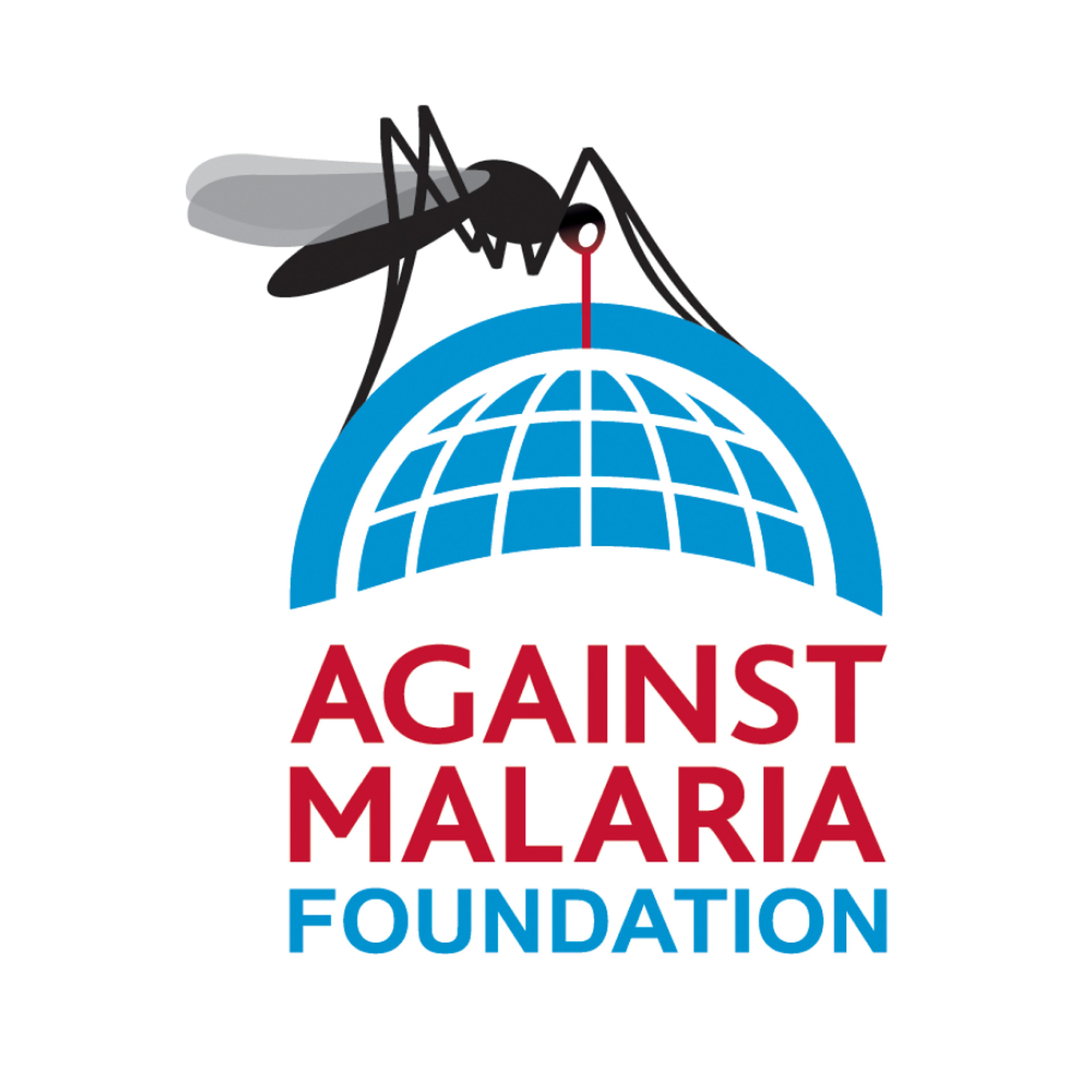
Against Malaria Foundation
Bednets To Prevent Malaria
Against Malaria Foundation (AMF) works to prevent malaria-caused deaths and illness by distributing long-lasting insecticide-treated mosquito nets in at-risk, low-income communities. The organisation also consistently monitors its impact through surveys and case rate data.
What problem is Against Malaria Foundation working on?
Malaria kills around 600,000 people each year, the majority of whom are children under 5. Before anti-malaria bed nets were available, AMF estimates that this number was around 1.2 million, and GiveWell confirms that bed net interventions have “exceptionally strong” evidence of impact.
Fighting malaria has economic benefits as well as health benefits. AMF estimates that “every $1m spent fighting malaria efficiently improves the GDP — the wealth — of the continent of Africa by $12m.”
What does Against Malaria Foundation do?
AMF works to prevent malaria in low-income countries, stating: “We fund anti-malaria nets, specifically long-lasting insecticidal nets (LLINs), and work with distribution partners to ensure they are used. We track and report on net use and impact.” AMF’s three guiding principles are efficiency, transparency, and demonstrating impact.
Specifically, AMF:
- Buys nets and works with distribution partners to get them delivered in areas of high need.
- Facilitates individual fundraisers.
- Secures pro bono sponsorship so 100% of public donations can go to purchasing nets.
- Monitors local malaria rates and carries out post-distribution surveys to evaluate the use and condition of the nets and make appropriate adjustments if necessary.
- Publishes distribution-related data and also provides lists of which distribution each donation helped fund.
For more information on how AMF operates, see its operations overview, as well as a detailed breakdown of its process.
Why do we include the Against Malaria Foundation on our list of recommended programs?
AMF is recommended by the impact-focused charity evaluator GiveWell, which we looked into as part of our 2023 evaluator investigations. We concluded that GiveWell’s recommendations are well-suited to helping donors maximise the impact of their “dollar” in the global health and wellbeing space. You can read our report on GiveWell here, and GiveWell’s extensive evaluation of AMF, which highlights its cost-effectiveness, here.
AMF has been a GiveWell top charity since 2011. GiveWell estimates that it costs approximately $5 USD to purchase and distribute one net to a household, which makes AMF particularly cost-effective. Each distributed net protects an average of two people from malaria for about two years and 100% of public donations go towards purchasing nets.
Please note that GWWC does not evaluate individual charities. Our recommendations are based on the research of third-party, impact-focused charity evaluators our research team has found to be particularly well-suited to help donors do the most good per dollar, according to their recent evaluator investigations. Our other supported programs are those that align with our charitable purpose — they are working on a high-impact problem and take a reasonably promising approach (based on publicly-available information).
At Giving What We Can, we focus on the effectiveness of an organisation's work -- what the organisation is actually doing and whether their programs are making a big difference. Some others in the charity recommendation space focus instead on the ratio of admin costs to program spending, part of what we’ve termed the “overhead myth.” See why overhead isn’t the full story and learn more about our approach to charity evaluation.